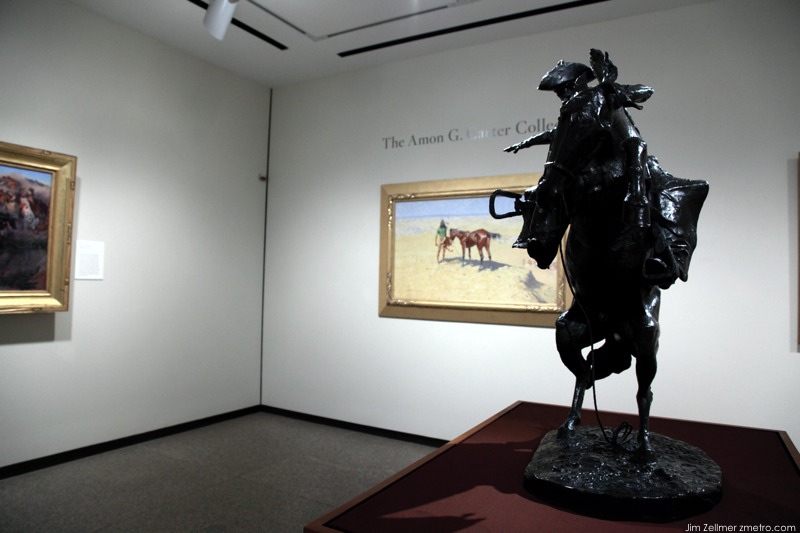When President Obama won approval for his $787 billion stimulus package in February, large sections of the 407-page bill focused on a push for new technology that would not stimulate the economy for years.
The inclusion of as much as $36.5 billion in spending to create a nationwide network of electronic health records fulfilled one of Obama’s key campaign promises — to launch the reform of America’s costly health-care system.
But it was more than a political victory for the new administration. It also represented a triumph for an influential trade group whose members now stand to gain billions in taxpayer dollars.
A Washington Post review found that the trade group, the Healthcare Information and Management Systems Society, had worked closely with technology vendors, researchers and other allies in a sophisticated, decade-long campaign to shape public opinion and win over Washington’s political machinery.
Automation certainly makes sense, but we taxpayers should not be subsidizing it….


